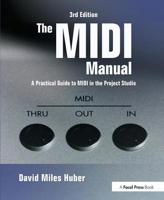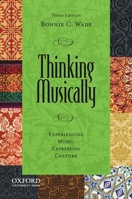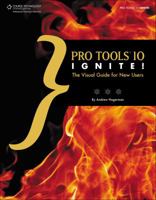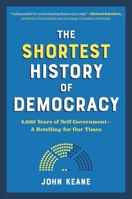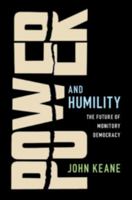The Musician's Guide to Pro Tools
Select Format
Select Condition 
You Might Also Enjoy
Book Overview
Customer Reviews
Rated 5 starsExcellent resource for learning your way around Pro Tools.
I got a copy of Pro Tools LE with my Mbox about a year and a half ago. I installed it but never really loaded it as I found the interface very confusing (I am not a pro audio person by any means). One day I up and decided to take some time and learn Pro Tools and I came across this book as it seemed to be the "definitive title" on the subject. If you're the step-by-step type this book's is definitely for you. If not, you...
0Report
Rated 5 starsAn invaluable guide worth every penny
Finally, finally, I was able to become adept at Pro Tools -- software known for its steep learning curve -- after reading the first edition of this book. Now I've learned a whole new spate of tricks and trouble-shooting techniques from this newly expanded and highly useful guide. I teach broadcast writing part time at the University of Georgia. I'm also an independent producer for Georgia Public Radio. I worked through...
0Report
Rated 5 starsTerrific book!
I am new protools operator and have about 3 other protools "help" books. This is the one I have been looking for. It is clear, concise, well organized, informative, fun to read/learn, well laid out and accurately written. It takes you by the hand and walks you through the program in a very logical and intuitive way and gets you through the foundation and most-used functions of protools. It may not be so helpful/insightful...
0Report
Rated 5 starsThis should have been the first Pro Tools book I bought!
I purchased three other Pro Tools books before this, to get up and running with Pro Tools as a newbie to the software/hardware. Then, I got this one. This book rocks as it is a hands on, practical tutorial taking the reader step by step through the user interface, recording, editing, tweaking things the way you'll eventually use the software.I've just rebuilt my system and ready to continue on with the book. I can't recommend...
0Report











![Paperback The Musician's Guide to Pro Tools [With CDROM] Book](https://i.thriftbooks.com/api/imagehandler/m/0EBA2E53DEFB5F7A510AAA0F9CCE68FE2FB18DF2.jpeg)




